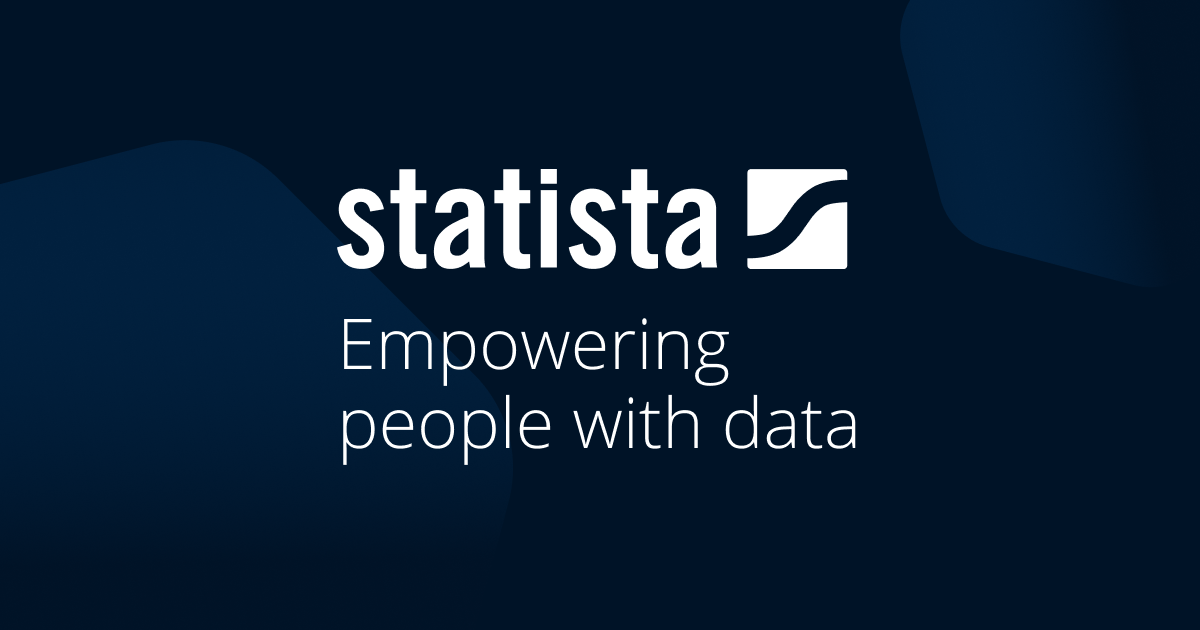As the EU has grown, it has expanded its activities in areas such as environmental policy, cultural development, integration policy, and international exchange, as well as the promotion of human rights. The EU has its own currency, the Euro, which is used by 20 member states; it also has a free travel area with limited border controls, known as the Schengen Area, which applies to 22 members; and there are 24 official languages used by the EU. The main institutions involved in European Union legislation and policy are the European Parliament, the Council of the European Union, and the European Commission. Many member states rank very highly in terms of human development, democracy, and freedom, however the rising threat of nationalism and autocratization in Europe, as well as the de-stabilizing impact of the Russia-Ukraine war, are viewed as the largest threats to the EU’s stability.
History
Following the Second World War, a series of political and economic organizations were founded in Europe to promote peace, cooperation, and integration, after decades of conflict, economic shocks, and political instability. The Council of Europe oversaw the suppression of nationalism and the advancement of democracy, while the European Coal and Steel Community dealt with matters of the economy and trade. These alliances were strengthened by the Treaty of Rome in 1957, and a customs union was established along with the European Economic Community. These organizations were the precursor to the modern European Union, and were fundamental in allowing the decades that followed the war to become the most prosperous in Europe’s history. Those at the core of these organizations were France, West Germany, Italy, and the Benelux countries, with France and Germany as the unofficial leaders of European integration. As the EEC economies outgrew most other Western European economies, membership became more appealing, particularly for the UK whose international influence waned following the war. The UK joined in 1973, and several other western European states joined by 1986.
The European Union was formally established in 1993, with German Chancellor Helmut Kohl and French President François Mitterrand as its leading architects. This period also coincided with the fall of communism in Eastern Europe, and the subsequent transition to democracy. The Copenhagen criteria was then created in this time to ensure that future members fulfil certain eligibility requirements, regarding economics, politics, and human rights, in order to join the EU. By 1995, most Western European countries had joined the EU, with Norway and Switzerland as the main exceptions. In 2002, the Eurozone was launched, creating a single monetary area across much of Europe; unfortunately, the European debt crisis of 2009 meant that economic hardship in in some eurozone countries (especially Greece) therefore had a strong ripple effect across the EU. Between 2004 and 2013, many former Eastern Bloc countries also became EU members. The accession of 13 relatively weaker economies into the EU saw a wave of economic migration from these countries to the west, and introduced a new dynamic to European integration.
The future of the EU
Recent years have been quite a tumultuous period for the EU, with the 2016 Brexit referendum in the UK leading to its withdrawal from the EU in 2020, which was preceded and followed by an arduous negotiation process. The COVID-19 pandemic also highlighted many problems within the EU’s system, where bureaucracy delayed the distribution of vaccines across the bloc. However the EU was also essential to maintaining economic stability during this period, by spending over 10 percent of its GDP on providing economic relief during the Covid pandemic. It is also pushing for increased digitalization and innovation, and aims to make Europe carbon neutral by 2050. The largest threats to the EU today includes the Russia-Ukraine war, through consequences such as the rise of right wing, pro-Russia parties threatening political unity within the block, or market disruptions and rising energy prices as a result of the war. Other challenges include climate change, undocumented migration across the Mediterranean, AI regulation, and the Hamas-Israel War.
This text provides general information. Statista assumes no
liability for the information given being complete or correct.
Due to varying update cycles, statistics can display more up-to-date
data than referenced in the text.

